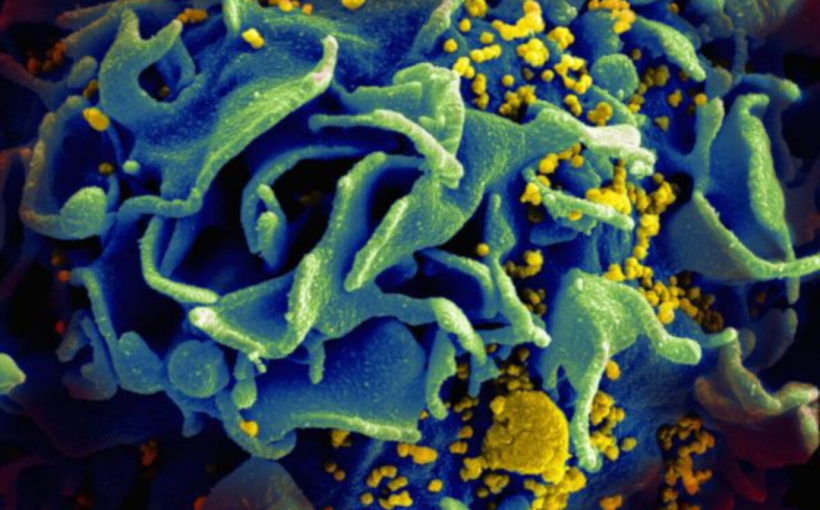Researchers at the Yerkes National Primate Research Center and the Emory Vaccine Center (EVC) are first to show a new adjuvant, 3M-052, helps induce long-lasting immunity against HIV. The study results are published today in Science Immunology.
In this pre-clinical study that included 90 rhesus monkeys, the researchers showed 3M-052, a new, synthetic small molecule that targets a specific receptor (TLR 7/8), successfully induced vaccine-specific, long-lived bone marrow plasma cells (BM-LLPCs), which are critical for durable immunity. In a striking observation, 3M-052-induced BM-LLPCs were maintained at high numbers for more than one year after vaccination. This prolonged interval is not only feasible in monitoring pre-clinical effectiveness, it is also highly informative in down selecting vaccine candidates.
First author Sudhir Pai Kasturi, Ph.D., an assistant professor in the Department of Pathology and Laboratory Medicine and a research assistant professor at Yerkes and the EVC, says, “We have known adjuvants are critical immunity-boosting supplements that help improve the effectiveness of vaccines. Until now, however, it has been unclear which class of adjuvants can promote stable and long-lived immunity in nonhuman primate models. Our study provides that information.”
Co-senior author Rafi Ahmed, Ph.D., director of the Emory Vaccine Center, adds, “The key to a successful vaccine is durability of immune responses. Antibodies provide the first line of defense against pathogens, and antibody levels are maintained by the generation of long-lived plasma cells that reside in bone marrow. Our study identifies an adjuvant that is effective in generating such long-lived plasma cells in bone marrow. This finding has implications for developing successful vaccines against HIV, influenza and, especially important now, COVID-19.
Lisa Newbern, Emory University


